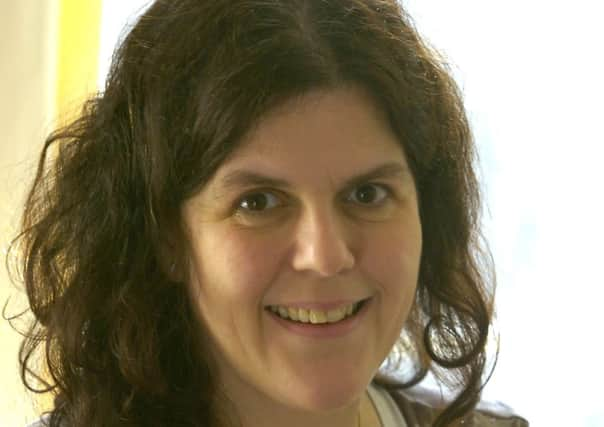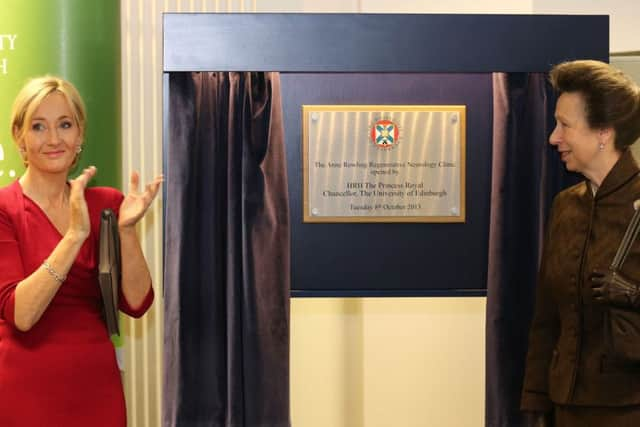Helping my daughters understand multiple sclerosis


There my two daughters and I are due to pick up some medicine for my multiple sclerosis (MS).
Conversation turns to the reason for this expedition. “You know how I have MS?” I say. My children look solemn and nod at me. “We need to go the hospital today to get the medicine that helps me feel better.” They brighten at the idea.
Advertisement
Hide AdAdvertisement
Hide AdIt was just over a year ago that my children were first introduced to MS. It was at the Royal Infirmary that they had the pleasure of seeing me half-blind and barely able to walk.


I ask my children what they remember of that first visit to the hospital. “I remember being a bit scared at seeing you and wondering what was wrong,” remembers my eldest daughter.
At the time, I didn’t even know myself what was the matter. “At school I wondered why Daddy didn’t pick me up like we had arranged, but Granny did instead,” she tells me. “Granny explained you weren’t feeling well. Something to do with your eyes.”
It was a relief back then to discover the illness wasn’t something even worse than MS. Thoughts of a brain tumour had haunted me. And while I associated MS with tragedies such as that of cellist Jacqueline du Pré, I took consolation from the fact it wasn’t fatal. At least, not usually.
I can’t say where or when I first told my children I had MS. My husband can remember things better. He recalls answering our kids’ questions while tucking them into bed. At the time I was diagnosed I was in the middle of an acute episode, something I feared might never improve. But the doctors and nurses of Edinburgh’s Anne Rowling Regenerative Neurology Clinic looked after me, treated me like a human being, gave me medicine that meant I regained my sight and mobility. Things I no longer take for granted.
Over the months, I’ve watched my children gain a better understanding of what MS means. “It is a disease, an illness. It makes you tired. And wobbly. And frightened,” says my eldest daughter today, sat on the bus. She sounds rueful. As if aware the knowledge has come at a price.
I know I am lucky to have access to MS drugs. This medicine we are picking up today became available only just over a year ago.
Having the medicine means that my experience of MS is very different from what it might have been. That’s worth any number of pilgrimages.
Helen Fowler is a Journalist from Edinburgh.
